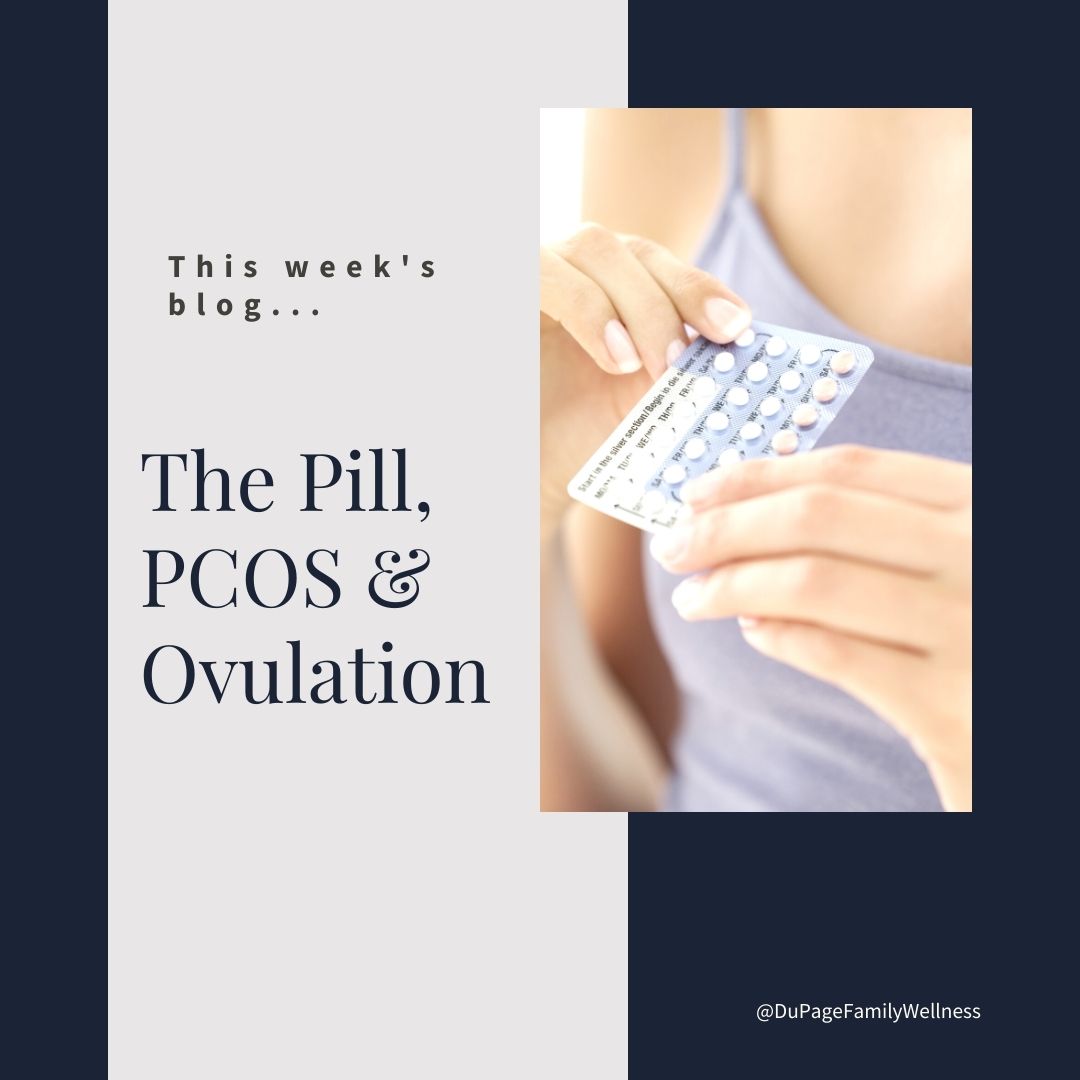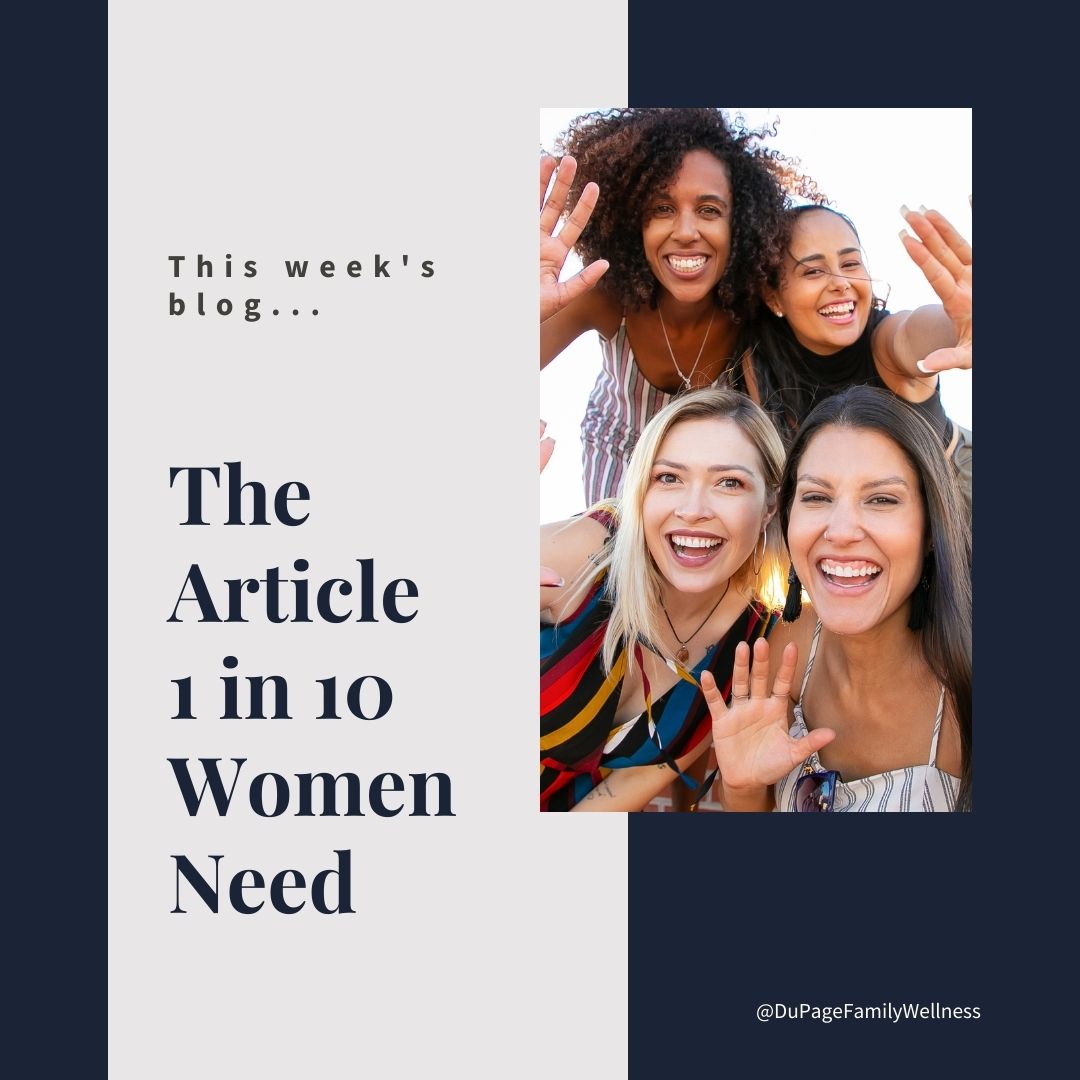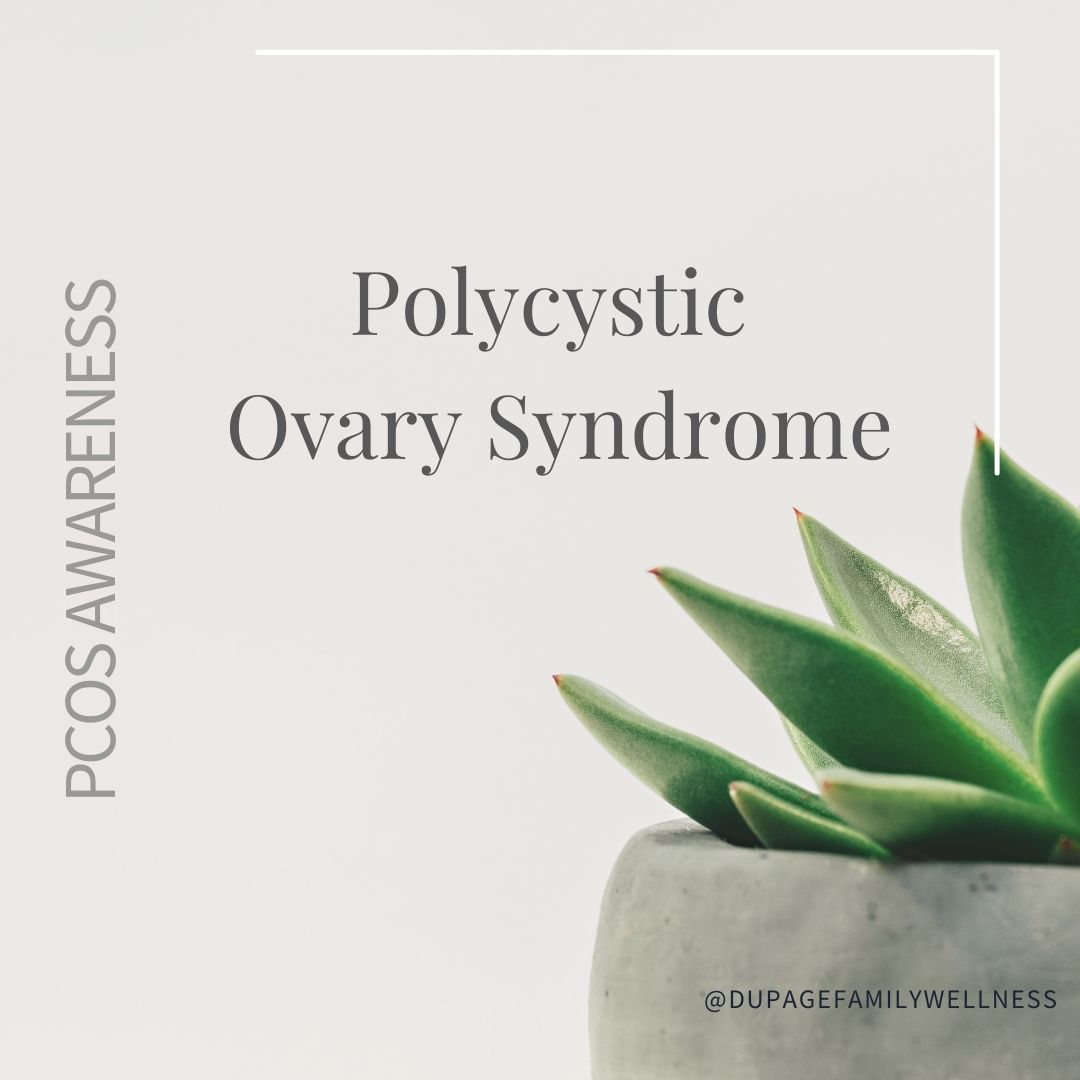 Have you ever gone to your doctor for symptoms like acne, irregular or painful periods and come out with birth control pills? Many of you have been told this is the solution to your problems without being informed about how the pill works and what it is doing in your body. I had that experience when I was 19 years old.
Have you ever gone to your doctor for symptoms like acne, irregular or painful periods and come out with birth control pills? Many of you have been told this is the solution to your problems without being informed about how the pill works and what it is doing in your body. I had that experience when I was 19 years old.
I was experiencing significant acne. Someone told me that Birth Control might help, so I went to the campus medical center and was prescribed birth control pills. The doctor didn't mention anything about the potential side effects or what pills were actually doing in my body. And she certainly didn't tell me that a few simple dietary tweaks could help my acne disappear naturally.
Like most women, I was told that the pill would balance my hormones and take care of my symptoms. I wish someone would have told me that while the pill might get rid of my symptoms it would not balance my hormones, and it would not get to the root cause of my acne.
If you are suffering from a nasty symptom, getting rid of it sounds like a wonderful thing, but is it really that simple? Are birth control pills effective in balancing your hormones or is there more to the story?
Let’s look at this issue and ask whether the pill is really your best option.
The Natural Hormone Cycle vs. Your Hormones on the Pill
In order to understand the effects of birth control pills on your body, you must first understand the basics of the natural hormonal cycle. It is a delicate dance with your hormones ebbing and flowing throughout the cycle.
- Follicular phase (approximately days 1-13) - Begins the first day of your bleed. Estrogen gradually increases during the phase of your cycle while progesterone stays low. It peaks at the end of this phase, and there is a burst of luteinizing hormone resulting in ovulation.
- Ovulation (approximately day 14) - Egg is released.
- Luteal phase (day 15-28) - Progesterone takes over and estrogen rises towards a second peak.
- If you are pregnant the progestogen remains high. If not, progesterone and estrogen begin a major decline bringing you back to the follicular phase.
Each of these hormones have a specific purpose in the body, and the pill prevents you from going through this intricate cycle.

Chart from: Core Health Coaching
Read more ...
 If you had a medical condition that could explain a number of your difficult symptoms, would you want to know? Most of us would, as long as we could find effective treatment for the condition and start feeling better.
If you had a medical condition that could explain a number of your difficult symptoms, would you want to know? Most of us would, as long as we could find effective treatment for the condition and start feeling better.
One group of women who could really benefit from knowing where their symptoms are coming from are those with Polycystic Ovary Syndrome (PCOS). PCOS is a hormonal disorder affecting 10% of women, but only half of them know that they have it. The other half have no idea what is causing their frustrating symptoms.
I’d like to invite you to learn just a little bit about PCOS. It is likely that you know at least one woman who is suffering from these symptoms without any idea that there are simple changes she can make to help!
Symptoms
Symptoms of PCOS may include one or all of the following…
- irregular cycles
- weight gain (especially around the middle)
- acne
- hair loss on the head
- hair growth on the face or in more of a traditional make pattern (hirsutism)
- sugar cravings and hangry attacks
- anxiety, depression and more
Many women with these symptoms feel like something is wrong with themself. They need to be told that it’s not their fault. Learning about PCOS and what is driving their symptoms can bring hope that they haven't had in a while.
Diagnosis
In order for a doctor to diagnose you with PCOS you need to meet at least two of the following criteria.
- Lack of ovulation causing irregular (or no) periods.
- Higher androgen (male hormones) that may result in acne, hair loss on the head, hair growth on the face and back. This can be tested via labs, or simply visible in symptoms.
- Multiple small cysts on the ovaries visible on ultrasound.
This means that you don’t have to have cysts on your ovaries to have PCOS!
What Next?
While there is no cure for PCOS, there are many things you can do to address the root causes of the condition and control your symptoms. For many women with PCOS the root cause may be any combination of the following issues
- insulin resistance
- thyroid
- adrenals
- inflammation
When the underlying cause(s) are addressed, many of the symptoms will become manageable and even disappear altogether.
I love helping women with PCOS understand their bodies better and walk with them on their journey to health. If you or someone you love wants more information on PCOS, consider signing up for our free online PCOS class or joining our FREE Facebook group.
Dr. Jamie
*Not all doctors are equipped to make this diagnosis, so it can be valuable to work with a specialist. Please feel free to reach out to me. I would be glad to lead you in getting an accurate diagnosis.
 Polycystic Ovary Syndrome (PCOS) is a hormonal disorder that affects as many as 5-7 million women of reproductive age in the US alone. This is 10% of all reproductive-aged women! Over half of these remain undiagnosed. With that many women affected it seems like this disorder should be well known and understood!
Polycystic Ovary Syndrome (PCOS) is a hormonal disorder that affects as many as 5-7 million women of reproductive age in the US alone. This is 10% of all reproductive-aged women! Over half of these remain undiagnosed. With that many women affected it seems like this disorder should be well known and understood!
Unfortunately, many people have never heard of PCOS, and women often go undiagnosed each year. To combat this the National Polycystic Ovary Syndrome Association developed World PCOS Day of Unity and declared September PCOS Awareness Month.
If you follow us on social media, you will notice that the whole month of September will be devoted to PCOS awareness month. Our goal is to reach as many of these women as possible and to let them know that when they get to the root cause of their hormones, they can actually reverse many or all of their symptoms.
Even if you don't think that this is you, I encourage you to learn about it.... because I'd be willing to bet that you know at least 1 woman who is suffering from these symptoms without any idea that there are simple changes she can make to help!
What is PCOS?
According to Mayo clinic, PCOS is a “hormonal disorder common among women of reproductive age. Women with PCOS may have infrequent or prolonged menstrual periods or excess male hormone (androgen) levels.”
The androgen hormones can also cause weight gain (especially around the middle), acne, hair loss (on the head), as well as excessive hair growth on the face and body. The high androgen levels also make the ovaries develop numerous small follicles which fail to regularly release eggs. This is why PCOS is one of the leading causes of infertility! Women with PCOS can have just 1, or several of the above symptoms.
Does this sound familiar, but you are past your childbearing years? According to the Center for Disease Control (CDC), “This lifelong health condition continues far beyond the child-bearing years.”
Read more ...
 Have you ever gone to your doctor for symptoms like acne, irregular or painful periods and come out with birth control pills? Many of you have been told this is the solution to your problems without being informed about how the pill works and what it is doing in your body. I had that experience when I was 19 years old.
Have you ever gone to your doctor for symptoms like acne, irregular or painful periods and come out with birth control pills? Many of you have been told this is the solution to your problems without being informed about how the pill works and what it is doing in your body. I had that experience when I was 19 years old.


 If you had a medical condition that could explain a number of your difficult symptoms, would you want to know? Most of us would, as long as we could find effective treatment for the condition and start feeling better.
If you had a medical condition that could explain a number of your difficult symptoms, would you want to know? Most of us would, as long as we could find effective treatment for the condition and start feeling better. Polycystic Ovary Syndrome (PCOS) is a hormonal disorder that affects as many as 5-7 million women of reproductive age in the US alone. This is 10% of all reproductive-aged women! Over half of these remain undiagnosed. With that many women affected it seems like this disorder should be well known and understood!
Polycystic Ovary Syndrome (PCOS) is a hormonal disorder that affects as many as 5-7 million women of reproductive age in the US alone. This is 10% of all reproductive-aged women! Over half of these remain undiagnosed. With that many women affected it seems like this disorder should be well known and understood!